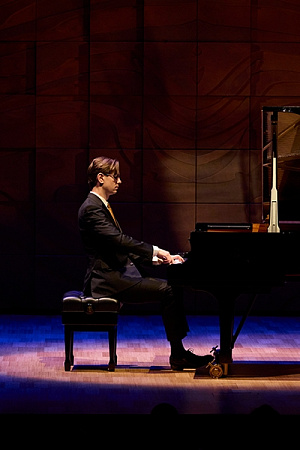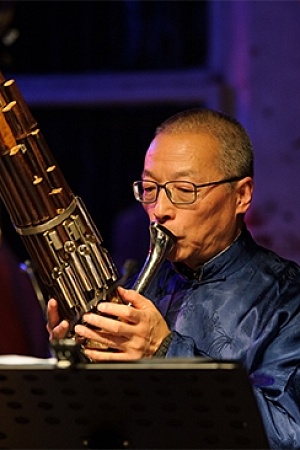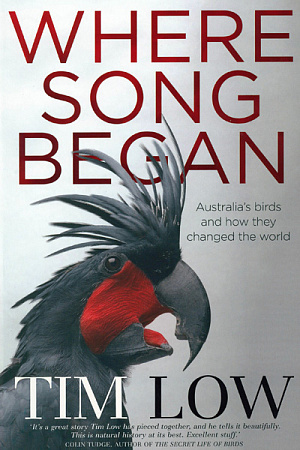Monteverdi’s Vespers (Melbourne Recital Centre) ★★★★1/2
Reaching for an English word to capture the shifting rhythmic pulse of his Concerto Italiano's performances of Monteverdi, director Rinaldo Alessandrini hazarded 'elasticity'. 'Is that the word?', he queried ABC Radio National's Andrew Ford (who had suggested 'freedom'). It was, yes, and Ford went on to ask, 'Like jazz?'
Exactly. Amazingly. Like jazz. As alive, unpredictable, and fresh as a great session at The Blue Note, Concerto's Italiano's way with Monteverdi is the way of dance and rhythmic play, of seeming improvisation. For all its early music discipline, the ensemble breathes an air of fresh invention. What on earth will come next you wonder? It might be an intimation of swing in their rendering of the great psalm 'Lauda Jerusalem, Dominum' ('Praise the Lord, O Jerusalem'), or a prefiguring of Ella Fitzgerald's virtuosic scat in the filigree ornamentation of the soprano duet, 'Pulchra es' ('Beautiful you are, my love'), from the Song of Songs. You never know what to expect, but when they come, Concerto Italiano's renderings have the force of dynamic inevitability.
Continue reading for only $10 per month. Subscribe and gain full access to Australian Book Review. Already a subscriber? Sign in. If you need assistance, feel free to contact us.










Comment (1)
Leave a comment
If you are an ABR subscriber, you will need to sign in to post a comment.
If you have forgotten your sign in details, or if you receive an error message when trying to submit your comment, please email your comment (and the name of the article to which it relates) to ABR Comments. We will review your comment and, subject to approval, we will post it under your name.
Please note that all comments must be approved by ABR and comply with our Terms & Conditions.